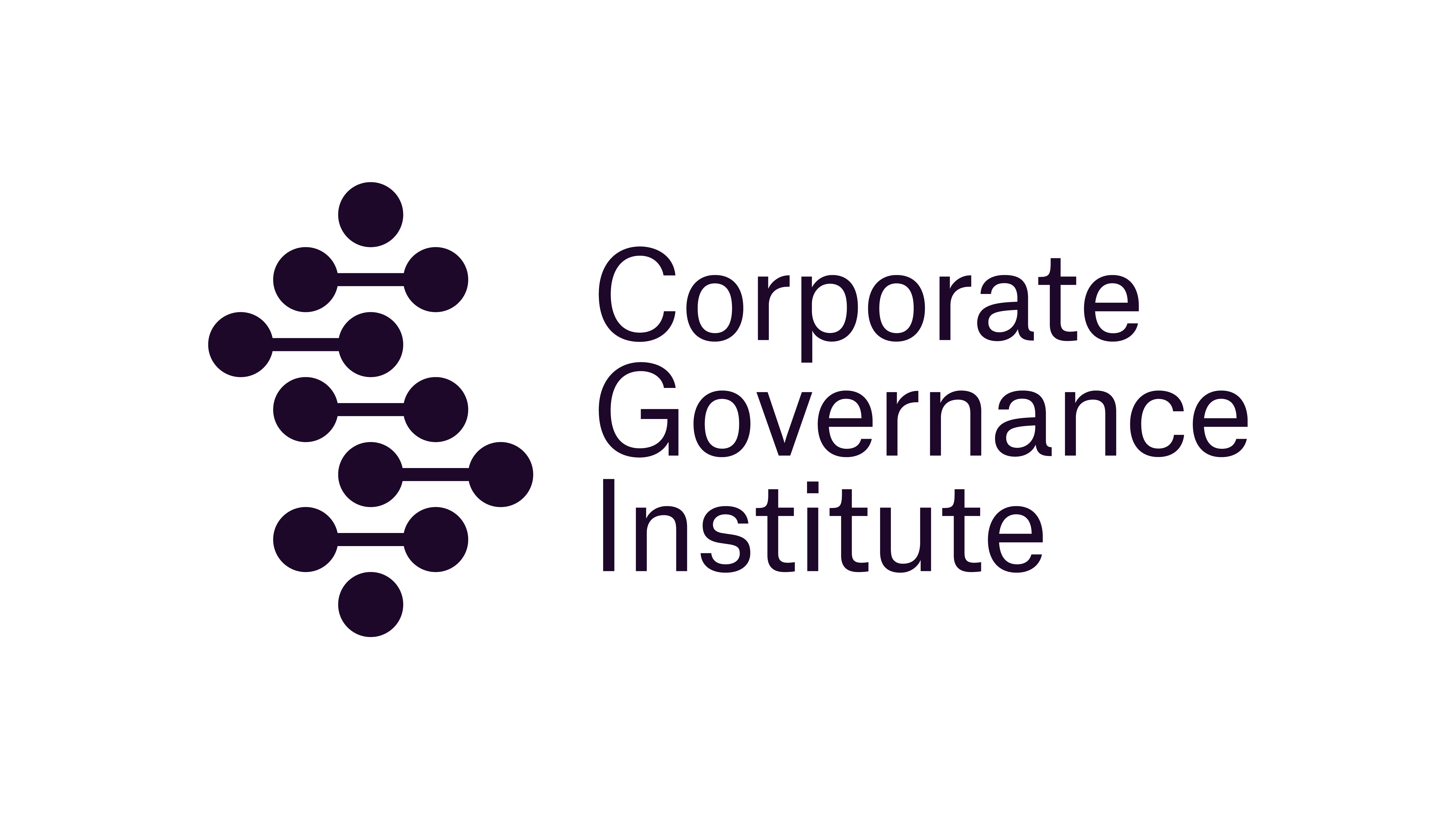Exercising better independent Judgement
Key Takeaways
As a director, how can you make deliberate choices? Here are some things you can do:
Promote an environment where diverse viewpoints are encouraged and dissent is accepted
You might want to check how options have been framed, including any that have been omitted from consideration
Be aware of the implications of trade-offs in the choice, including timing, consequences, and feasibility
Consult relevant stakeholders and other interested parties before making a decision
Learn how to minimise risk and uncertainty
Take account of context – objectives, precedence, relevant comparisons, legal requirements and ethical issues
The Harvard Business Review (HBR) reports that the highest performing teams have one thing in common: psychological safety (described as “moderate risk-taking, speaking your mind, creativity, and sticking your neck out without fear of having it cut off”).
The ability to express, and explore, a contrarian viewpoint is priceless.
“Boards should be encouraged to adopt the phrase ‘This might sound stupid but. . .’ as a way of asking the questions everyone else wants to but is too afraid,” says Bob.
About
This Webinar
“In conducting reviews of board effectiveness, I often find that the answer to this question is ‘Yes’,” says Bob. “Boards can improve the quality of their decisions.” In the US, for example, there is The Business Judgement Rule, which says, ‘Boards are presumed to act in “good faith” – that is, within the fiduciary standards of loyalty, prudence, and care directors owe to stakeholders.’ It is important for boards and directors to exercise independent judgment in a structured manner. Professor Andrew Likierman, the Professor of Management at London Business School, identified six key elements that board members, as directors, should take into account when exercising independent judgment.
- What I take in
- Who and what I trust
- What I know
- What I feel and believe
- How I make the choice
- How I act on the decision
This Speaker
Bob Semple is a member of the Governance Advisory Council at The Corporate Governance Institute. He has over 40 years of experience in risk management, corporate governance and related areas for various organisations in the public and private sectors across all industries. Here he explores how company directors and boards can make better decisions.
Previous Webinars on the same series
Insights
Insights on leadership
Want more insights like this? Sign up for our newsletter and receive weekly insights into the vibrant worlds of corporate governance and business leadership. Stay relevant. Keep informed.


